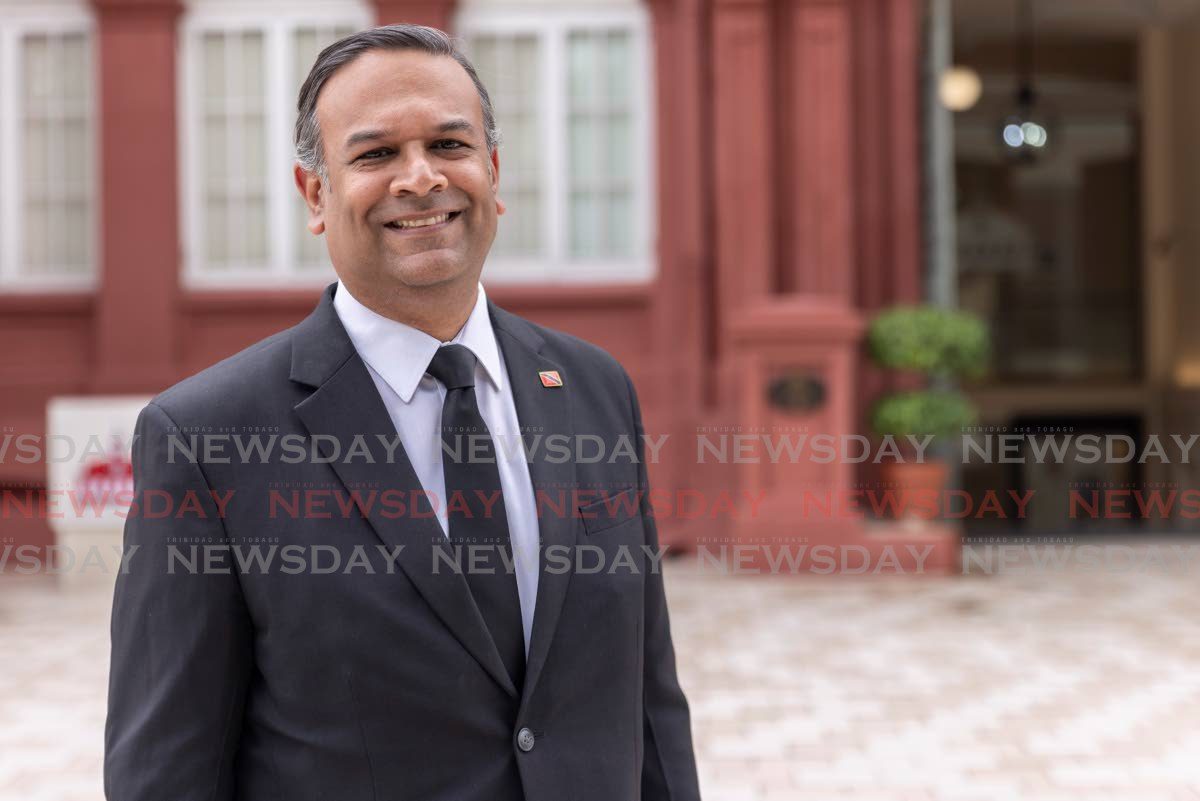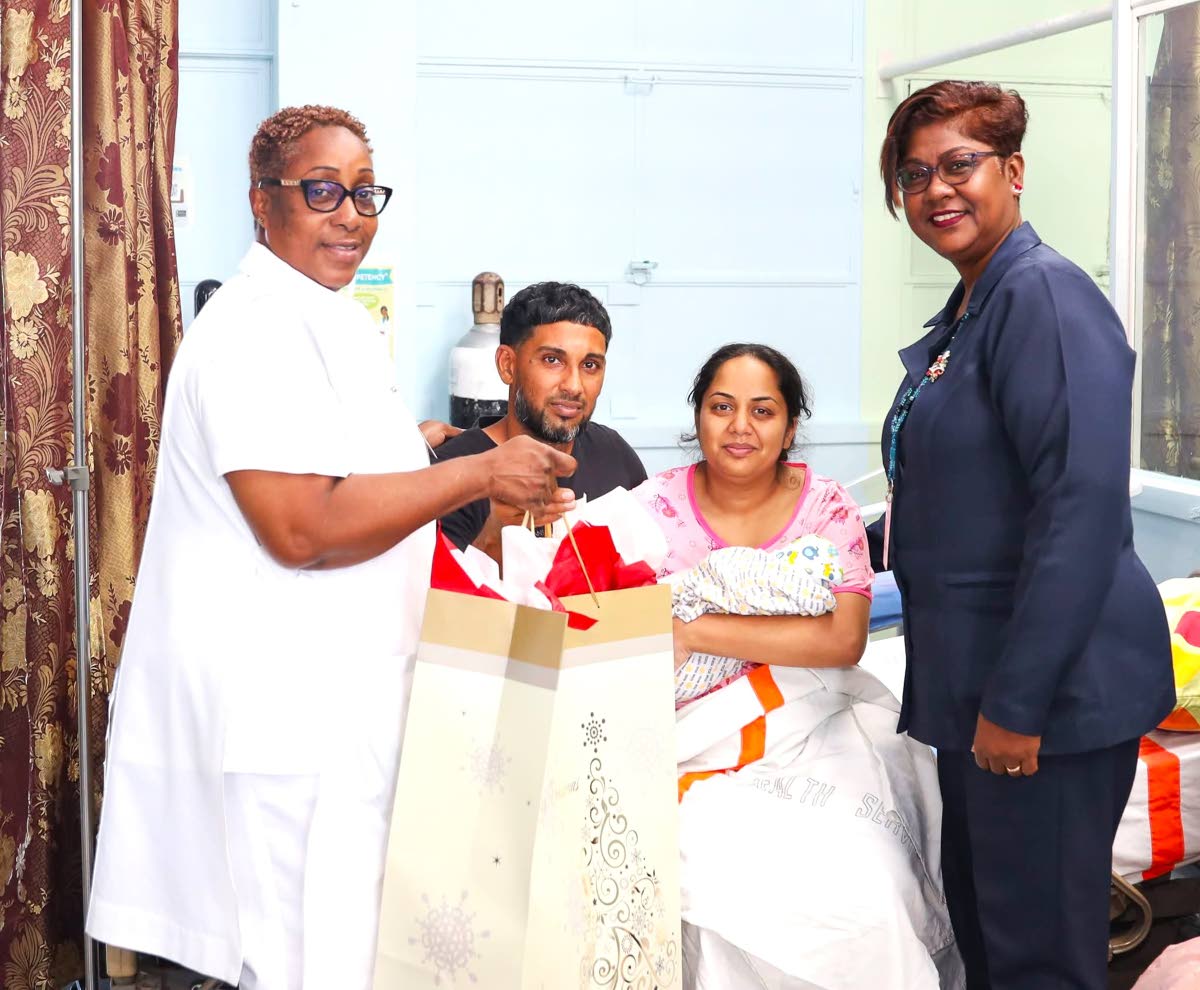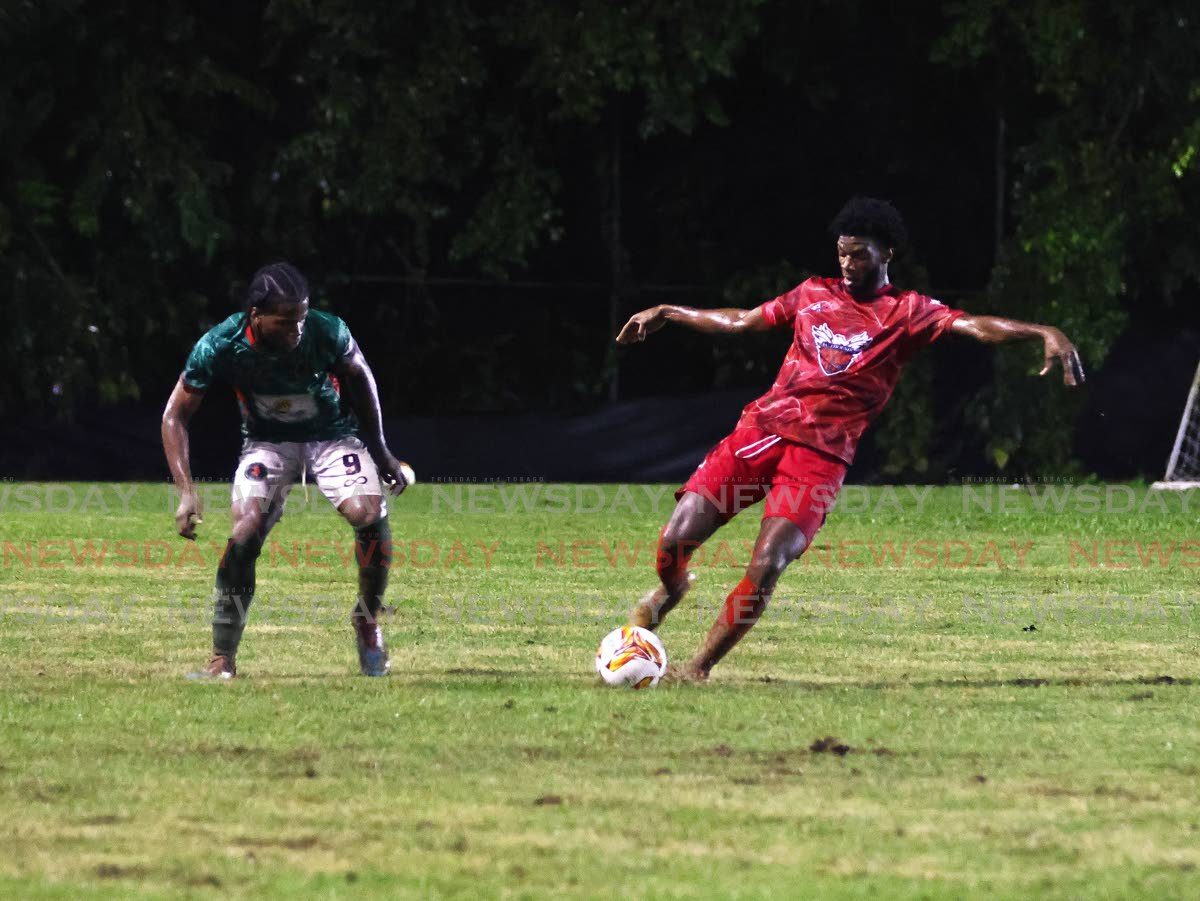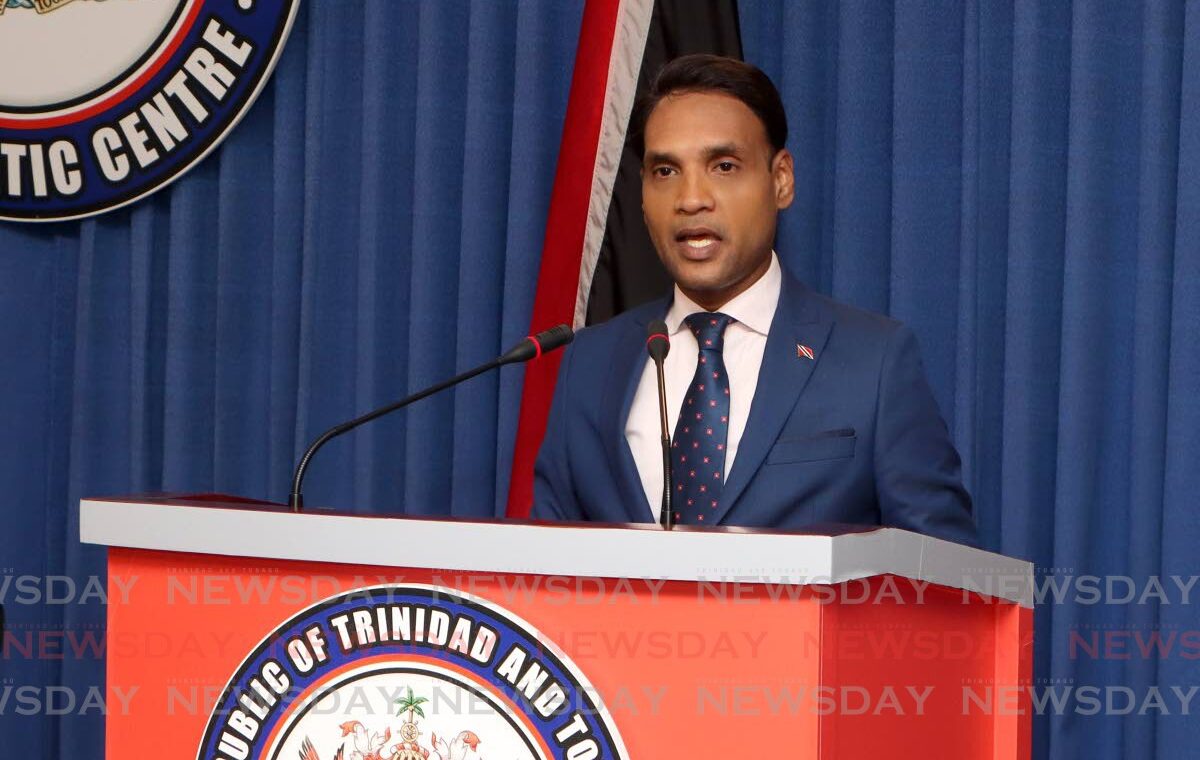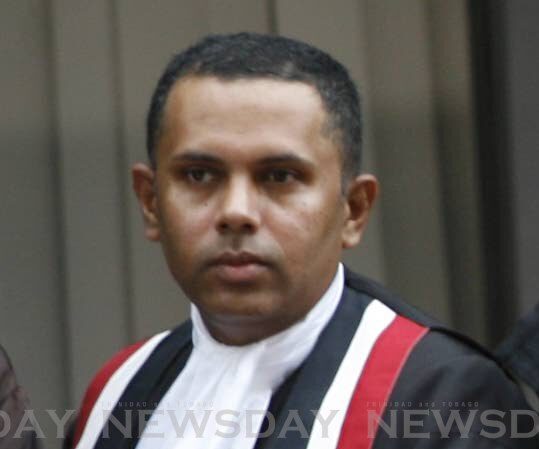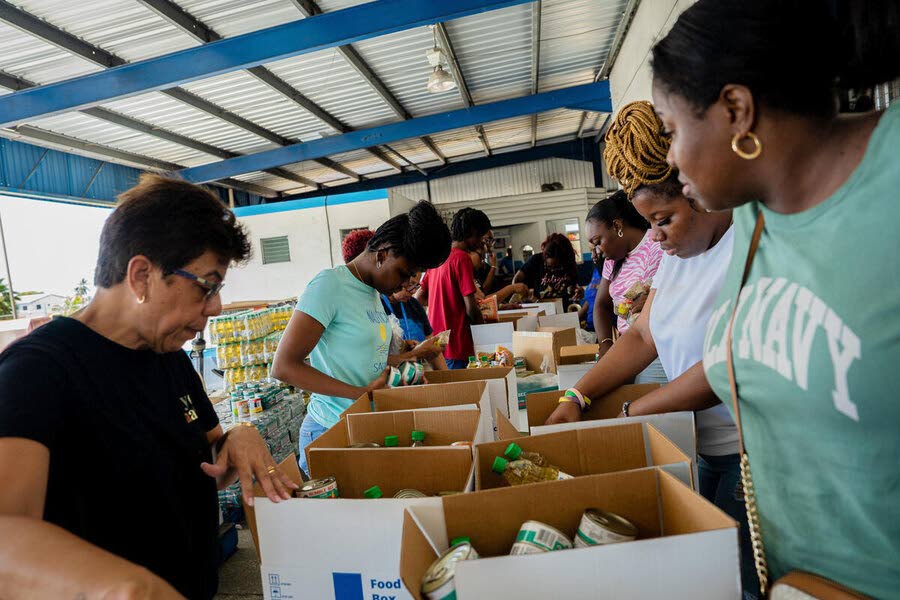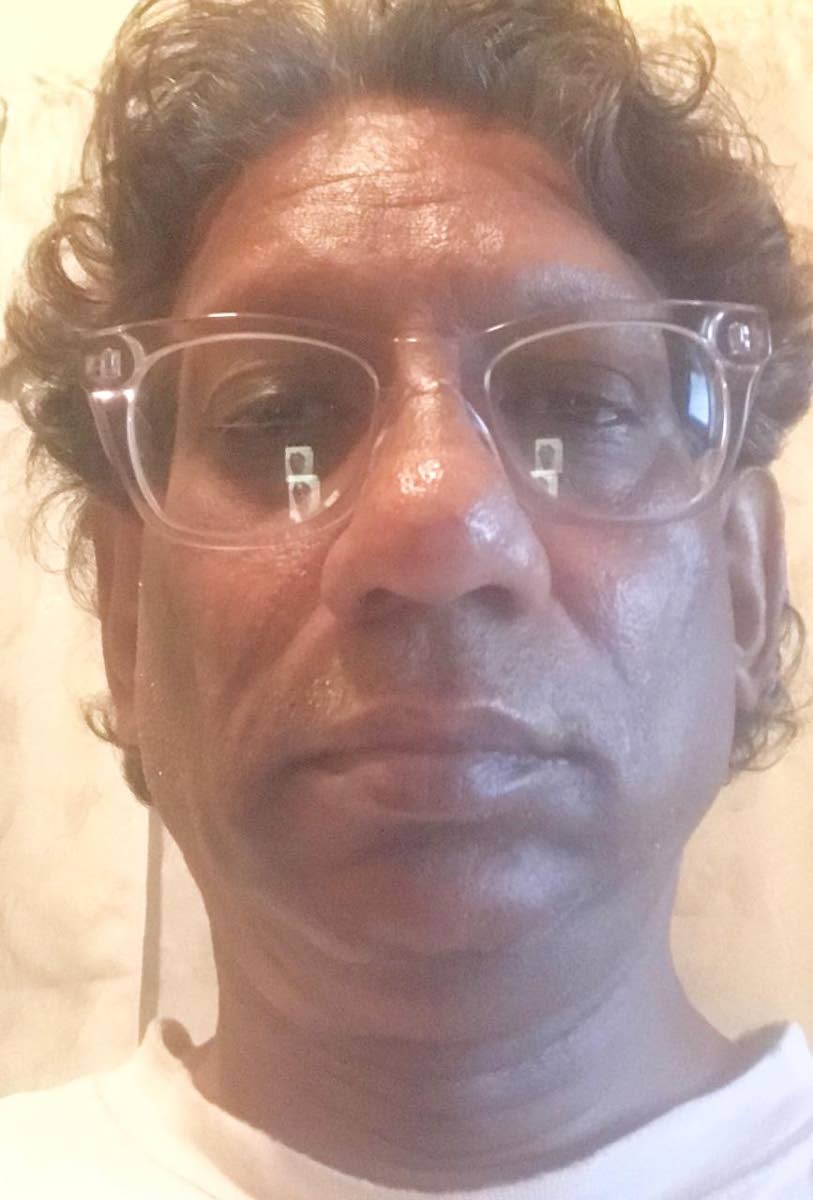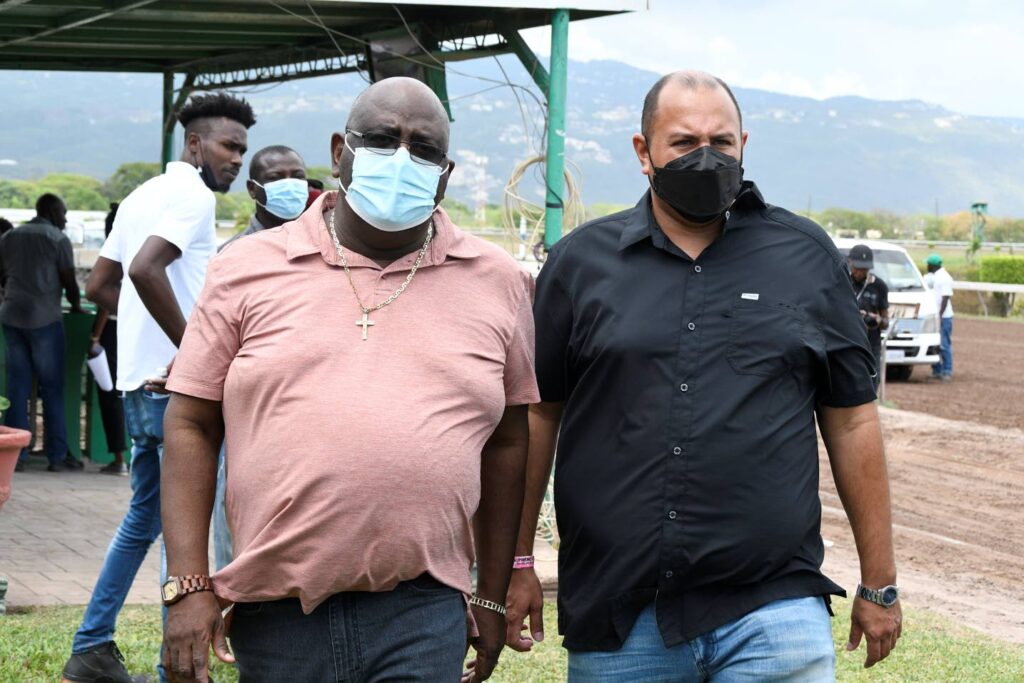Lauderhill Mayor Denise Grant, who hails from Jamaica, has disseminated festive season greetings to her compatriots both on the island and throughout the global diaspora. In a recent discussion, Mayor Grant emphasized drawing strength from Jamaica’s profound historical legacy and unwavering resilience, even amidst contemporary challenges.
Reflecting on recent adversities, Mayor Grant articulated heartfelt prayers for Jamaica’s complete recuperation from the destructive impacts of recent hurricanes. She characterized the nation as a perennial beacon of hope, confident in its capacity to shine brightly through difficulties.
The mayor provided detailed accounts of her collaborative efforts in hurricane relief operations, partnering with key figures such as Broward County Commissioner Hazelle Rogers, Consul General Oliver Mair, Bishop Henry Fernandez of the Faith Center, community advocate Sean ‘Contractor’ Edwards, and Custos Greene in Manchester. Their collective initiatives successfully mobilized critical funding and essential supplies for affected regions.
Highlighting municipal achievements, Mayor Grant showcased Lauderhill’s execution of impactful community projects throughout the year. These included combating food insecurity through targeted assistance programs, organizing holiday toy drives for children, distributing gifts and meals, and providing essential supplies to military veterans. Additional beautification projects enhanced neighborhoods and public spaces through strategic landscaping and litter removal.
Looking toward 2026, the mayor outlined an ambitious vision centered on fostering peace, unity, and mutual respect across all faiths and cultures. She committed to advancing policies that promote inclusiveness, compassion, and community understanding. Infrastructure development remains a priority, with plans to address multimodal transportation needs that align with the city’s comprehensive urban planning objectives.
Mayor Grant further pledged to implement measures specifically benefiting the Caribbean diaspora in Lauderhill, focusing on crime reduction, enhanced public safety, tax relief for working families, and expanded health and wellness initiatives. Her administration has already achieved property tax reductions, introduced senior utility relief programs, advanced food security measures, and launched educational initiatives at Lauderhill University to engage high school students in local governance. Additional programs support senior citizens’ wellness and youth mentoring, reinforcing the city’s commitment to being a community of promise and thriving potential.

